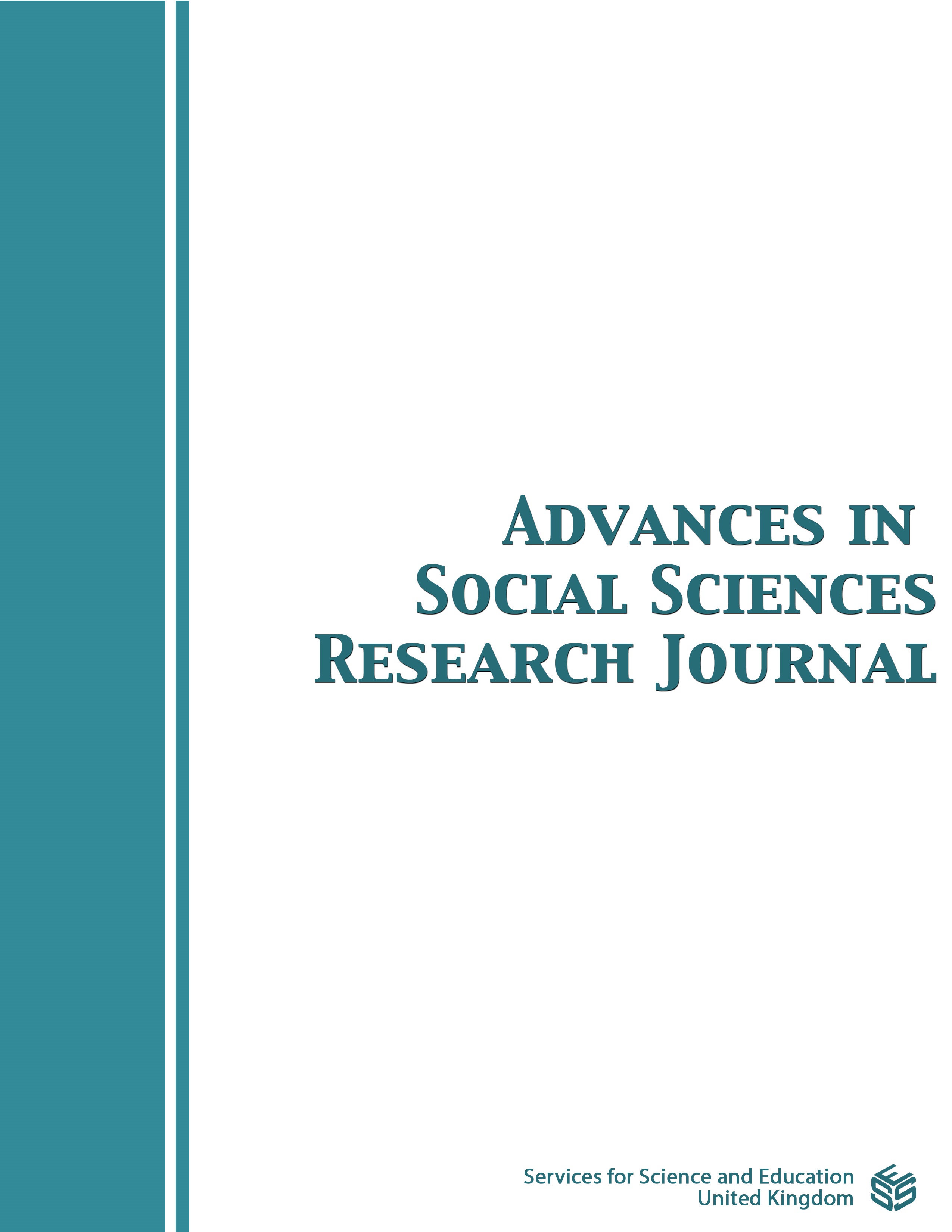Tramp Poets and Issue of Fabrication and Plagiarism in the Pre-Islamic Poetry
DOI:
https://doi.org/10.14738/assrj.95.12394Keywords:
Pre-Islamic poetry - Issue of fabrication and plagiarism - Opinions of orientalists in the narrators of Arabic poetry - Tramp poets in the pre-Islamic eraAbstract
In this article we have chosen the pre-Islamic poetry and the issue of the fabrication and plagiarism in it, and the tramps are among the pre-Islamic poets, so we study the pre-Islamic era in which the Arabs lived in general, and these tramp poets in particular. To know how was the life of the Arabs in the pre-Islamic era? What are the motives that prompted some of them to the life of the tramp? Who are the tramps? As for the first pre-Islamic era, it is “the period of time that goes far back in the past, and the second pre-Islamic era, which means the time period that preceded Islam by a century and a half or two centuries at most. The word “tramp” in Arabic is the poor who has no money and no dependence. As for the literary terminology, the word “tramp” is used in different concepts that we mention at the time. Then we stand on the artistic components of this sect of the poets. The second part of this article is the pre-Islamic poetry and the issue of its fabrication and plagiarism, so we mention those reasons that called for distortion of pre-Islamic poetry and plagiarism in it. This article aims to response to the views of orientalists who doubt the pre-Islamic poetry and reject the existence of all or most of it, using the descriptive-analytical approach that is always suitable in treating such literary topics.
Downloads
Published
How to Cite
Issue
Section
License
Copyright (c) 2022 Salahuddin Mohd. Shamsuddin

This work is licensed under a Creative Commons Attribution 4.0 International License.
Authors wishing to include figures, tables, or text passages that have already been published elsewhere are required to obtain permission from the copyright owner(s) for both the print and online format and to include evidence that such permission has been granted when submitting their papers. Any material received without such evidence will be assumed to originate from the authors.






